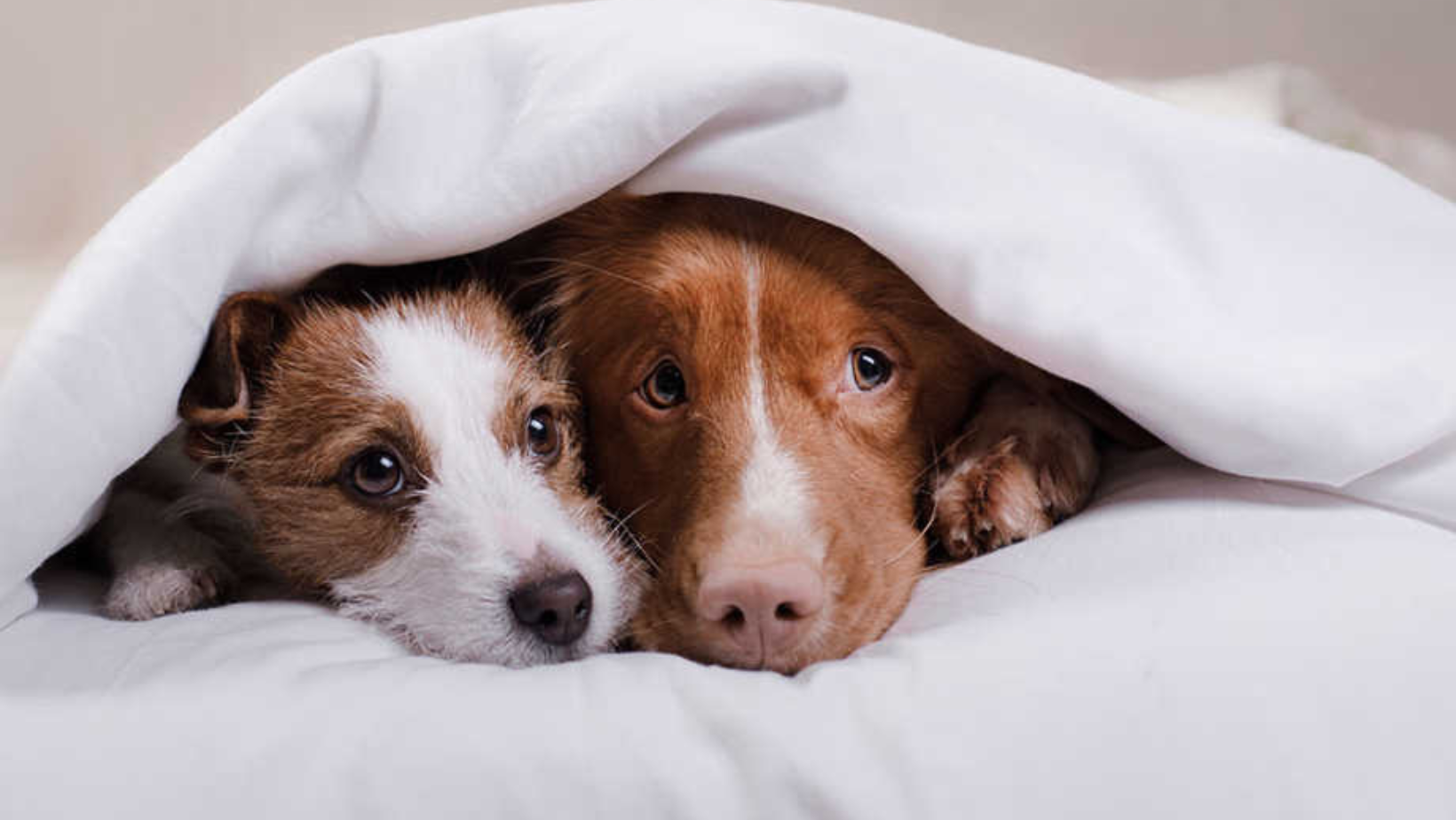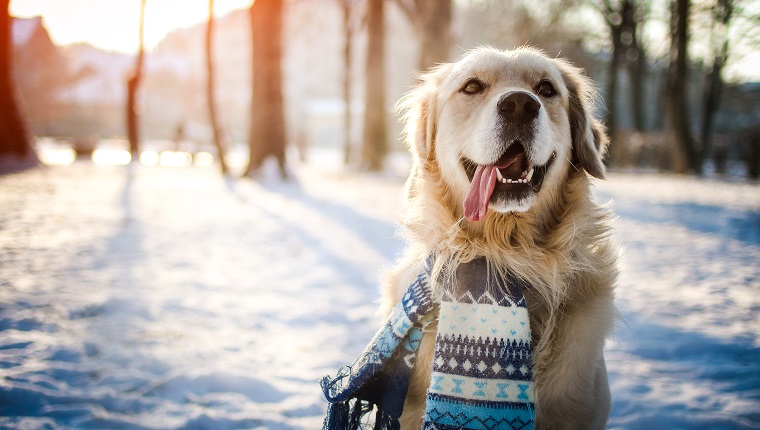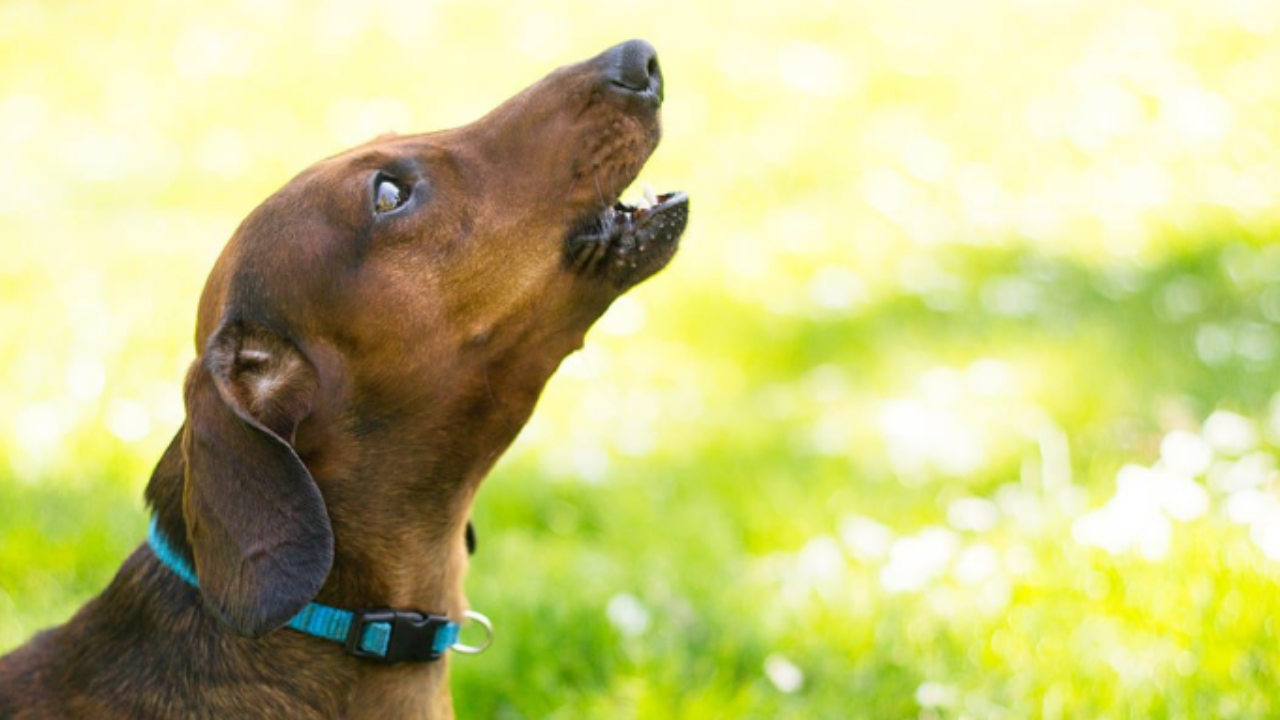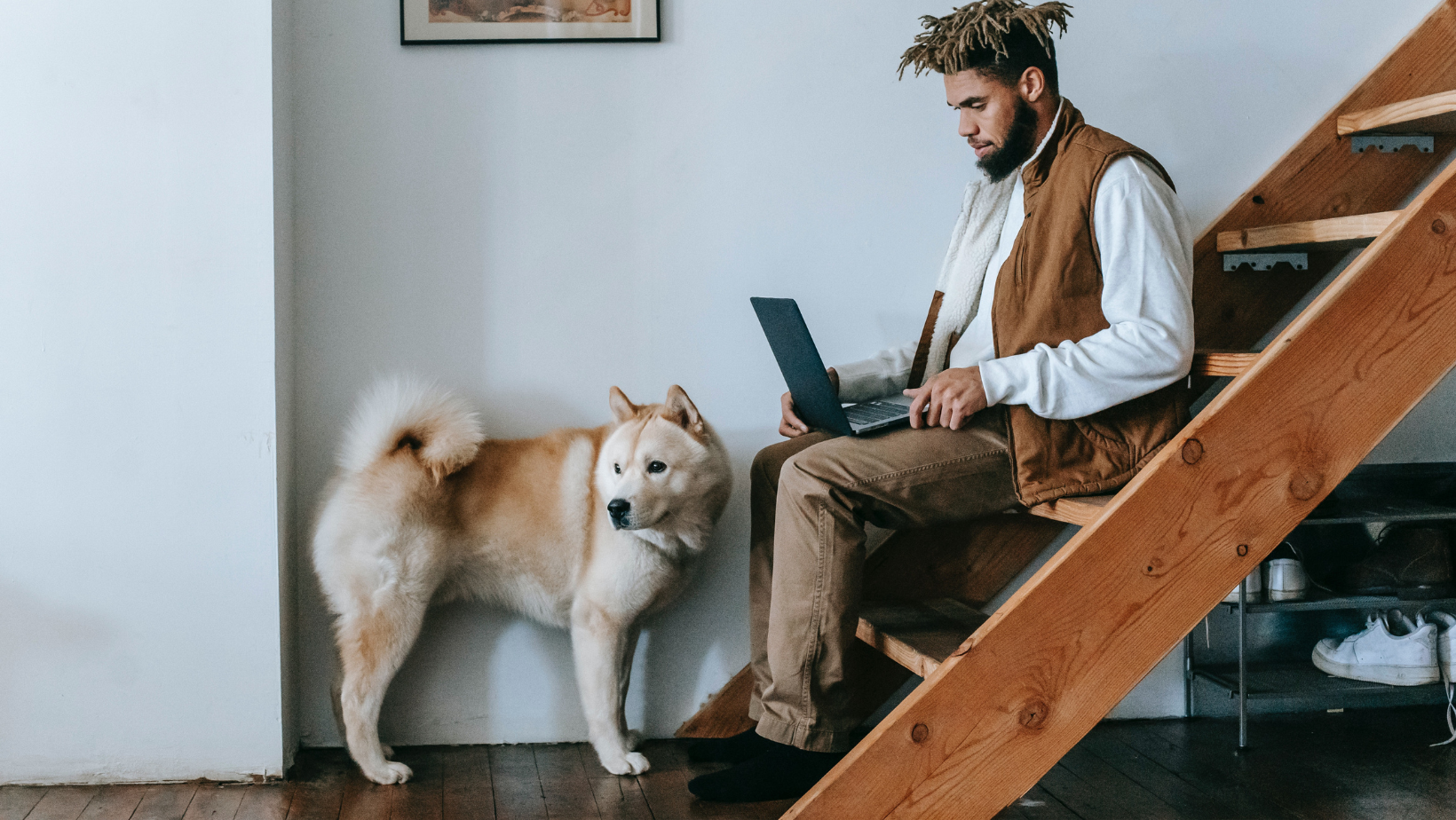How Calm Down Dogs During Fireworks

For our pets, fireworks can be a night of explosions, panic, and anxiety while for us they may be symbols of joy, holiday cheer, and a fresh start to a new promising year. On almost no other night of the year do pets go missing as frequently as New Year’s Eve, Diwali and Ganesh Chaturthi. Over the New Year holiday, we see more lost animals at our hospitals than at any other time of the year. Some are merely disturbed and scared, while others are seriously hurt. Please take the time to get ready for any impending fireworks so that you, your home, and your dog don’t become part of this statistic. In this blog we will discuss how to calm down dogs during fireworks and prevention.
The following advice will help you avoid ringing in the new year looking for a missing animal companion and provide an answer to the frequently asked question, “How do I quiet down a dog terrified of fireworks?”
Why do dogs fear fireworks?
The best way to respond to this is to comprehend how dogs react to fireworks. Dogs are significantly more sensitive to sound and smell than humans are. Unwary dogs perceive fireworks as loud explosions that emanate light and a strange odour. The fear felt by our ferocious pals is increased by the rarity of fireworks. Since they have a limited capacity for comprehension, you cannot adequately describe the problem to your pet. As creatures of habit with strong fight-or-flight instincts, our pets can react in a variety of ways to an unexpected explosion, depending on the species.
Dangers of firework phobia
Dog phobias can be harmful and dangerous, both to the dog and to other people. There’s a significant chance pyrotechnics will cause your dog problems similar to storm fear. All animals will react differently; some may demand to be close, giving you a new bed partner; others will flee, hiding under a bed or cowering in a corner. Dogs in particular may frequently attempt to flee the loud noise that fireworks make and may end up miles from their homes. Fearful dogs have been known to seriously hurt themselves while trying to flee the noise. These wounds can result by tunnelling beneath or climbing over fences that would often confine them, from jumping through glass windows.
In addition to causing tremors, fireworks anxiety can also result in heat stress from muscles that are constantly contracting, which is fatal.
Signs your dog is scared of fireworks
Dogs that are afraid of pyrotechnics may exhibit a variety of different behaviours. If there are fireworks nearby, keep an eye out for these symptoms in your dog:
- Hypersalivation
- Excessive barking
- Following you around anxiously and remaining close at all times – looking to you for comfort
- Hiding/cowering
- Experiencing tremors or shaking
- Excessive licking or scratching
- Wide eyes
- Attempting to escape
There will be fireworks tonight, what do I do?
Like Ganesh Chaturthi going on, people use firecrackers for their enjoyment so on that time,What should you do if your poor dog will be at home while you watch the fireworks and celebrate with friends and family? If you already know that your dog has a fear of storms or loud noises, it is possible that they may react similarly to fireworks. We advise giving your pet the same care you would if a storm was coming or if there were loud noises nearby.
Top tips for keeping your dog safe during fireworks
How can you soothe a dog who is afraid of fireworks? You can take a number of precautions to protect your pet before and during the fireworks show. Our advice is as follows:
- Be aware of anticipated fireworks so you may start getting ready early.
- Make sure your pet exercises beforehand because a tired and contented animal may behave more calmly.
- To assist prevent your pet from fleeing or hurting themselves, supervision is crucial. If you can’t oversee, think about setting up a plan with someone who can.
- If you can, keep your dog inside. This will prevent them from fleeing and will also lessen the noise of the fireworks for them.
- Establish a secure, quiet space inside with a cosy hiding place, and draw the shades to block off light. Pets typically have a propensity for hiding spots like under the bed or in closets. The best thing to do is to let them go where they feel secure.
- Use the TV or music to drown out the sounds.
- Maintain your composure, go about your daily business, and try not to fuss too much over your pet as this might exacerbate anxious behaviour.
- Use activities, favourite toys, and rewards to divert their attention.
- Don’t discipline your pet because it is frightened. This is a typical response, and punishing them could make their behaviour worse. It is best to provide comfort and employ diversionary strategies.
- Make sure your pet cannot readily escape through, under, or over your fence or gates.
- In case they do escape, make sure your pet is microchipped and that the information is current.
- Your pet can become desensitised with gradual exposure and good reinforcement.
- Ask your veterinarian about medicinal and behavioural treatments for managing noise phobias.
Please remember to take precautions to safeguard your pets and to visit the websites of your local government and community to find out when fireworks will be set off nearby.





